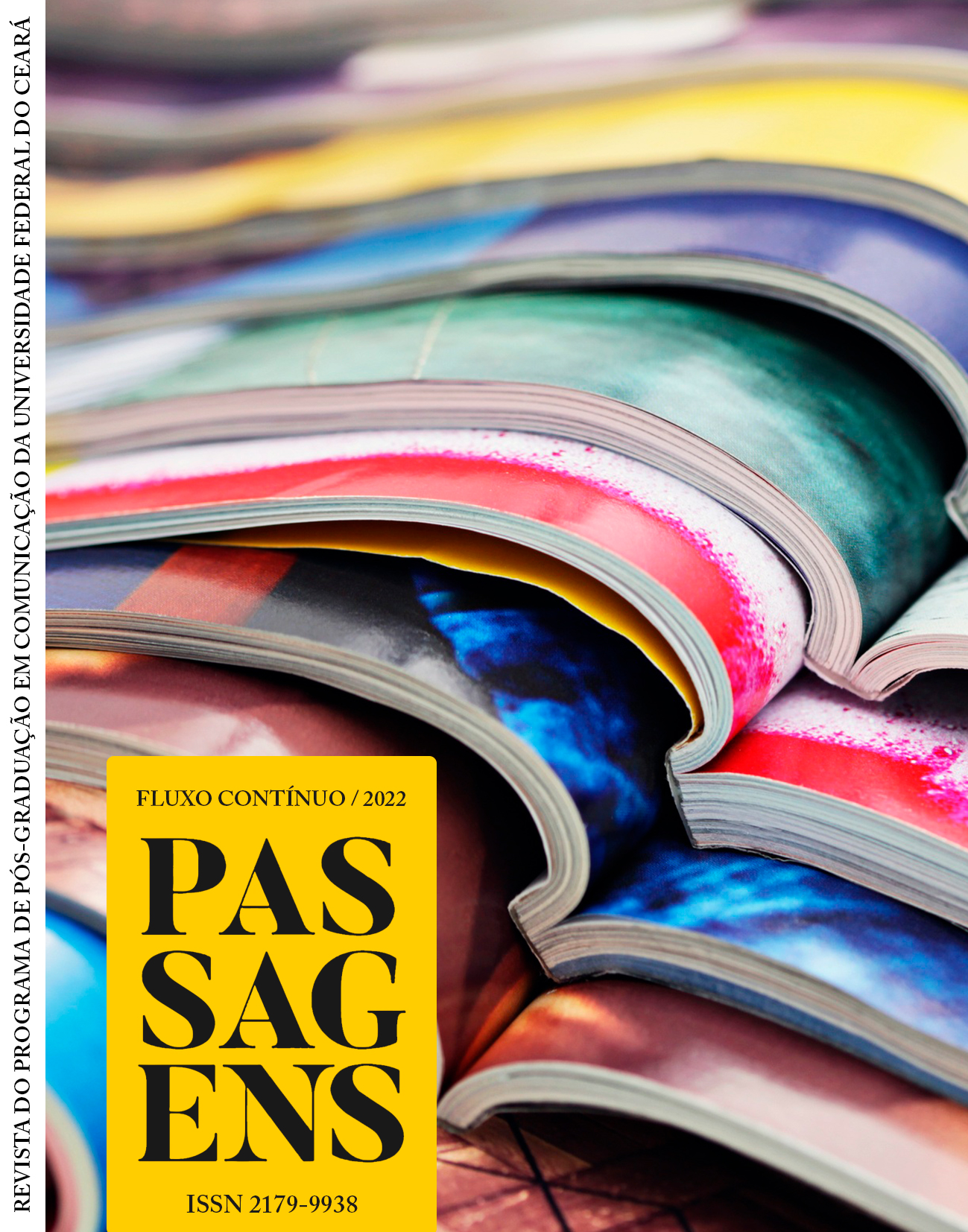O êxtase da verdade
realidade e imaginação em Fitzcarraldo e conquista do inútil
Abstract
This article makes a comparative analysis between two distinct but complementary works by Werner Herzog, the 1982 film Fitzcarraldo and the 2004 book Conquest of the Useless. At first glance, the film and the book follow a conventional narrative mode, adventure film and travel diaries, respectively, and operate from common themes such as the contrast between civilization and nature, the hybridization between reality and imagination, objective and subjective worlds. But just as Fitzcarraldo cannot be considered a conventional commercial film, the book Conquest of the Useless is far from being configured as a linear account of the filming experience. Instead, the book uses a visual and evocative language, and reveals Herzog’s personal vision of the experience in the jungle, the contact with indigenous people and animals, all linked in an associative textual structure that evokes a logic similar to the disorder of thoughts. The proposed comparison oscillates between an examination of the convergences between more general aspects of the compared works, and more detailed analysis of particular scenes and passages. As we will suggest, Fitzcarraldo’s saga in the 1982 film mirrors the saga of Werner Herzog as an auteur filmmaker, for whom cinema operates as an event rather than as representation.
Downloads
Published
How to Cite
Issue
Section
License
A aceitação do trabalho para a publicação implica a transferência de direitos do autor para a revista, sendo assegurada a ampla disseminação da informação.

